ref-eval
The REF-EVAL method is currently the most advanced tool for evaluating refereeing decisions in football and ensuring the integrity of competition results.
The REF-EVAL® method, developed over 15 years of analysing players and referees performance data, provides more than 99% correct answers on all refereeing situations. The REF-EVAL® method leverages complex algorithms from artificial intelligence (AI) to identify all what are called IRD (Incorrect Referee Decision) to be opposed to CRD (Correct Referee Decision).
We then distinguish between IRD High, i.e. referee errors that directly influence the score (e.g. an invalid penalty whistled…) or the number of players (e.g. a red card not given…) and IRD Low, i.e. referee errors that do not directly influence the score (e.g. a foul not whistled…). In the same way we distinguish the CRD Low when the referee makes the right decision on a simple decision, from the CRD High when the referee makes a right decision on a complex situation (a penalty rightly whistled for example).
Furthermore the REF-EVAL® distinguish the unintentional IRD that occur in all football matches from intentional IRD to also identify potential match-fixing related to referees. The REF-EVAL® method is today the most advanced tool to secure competitions results and evaluate referees
ref-eval
Introduction
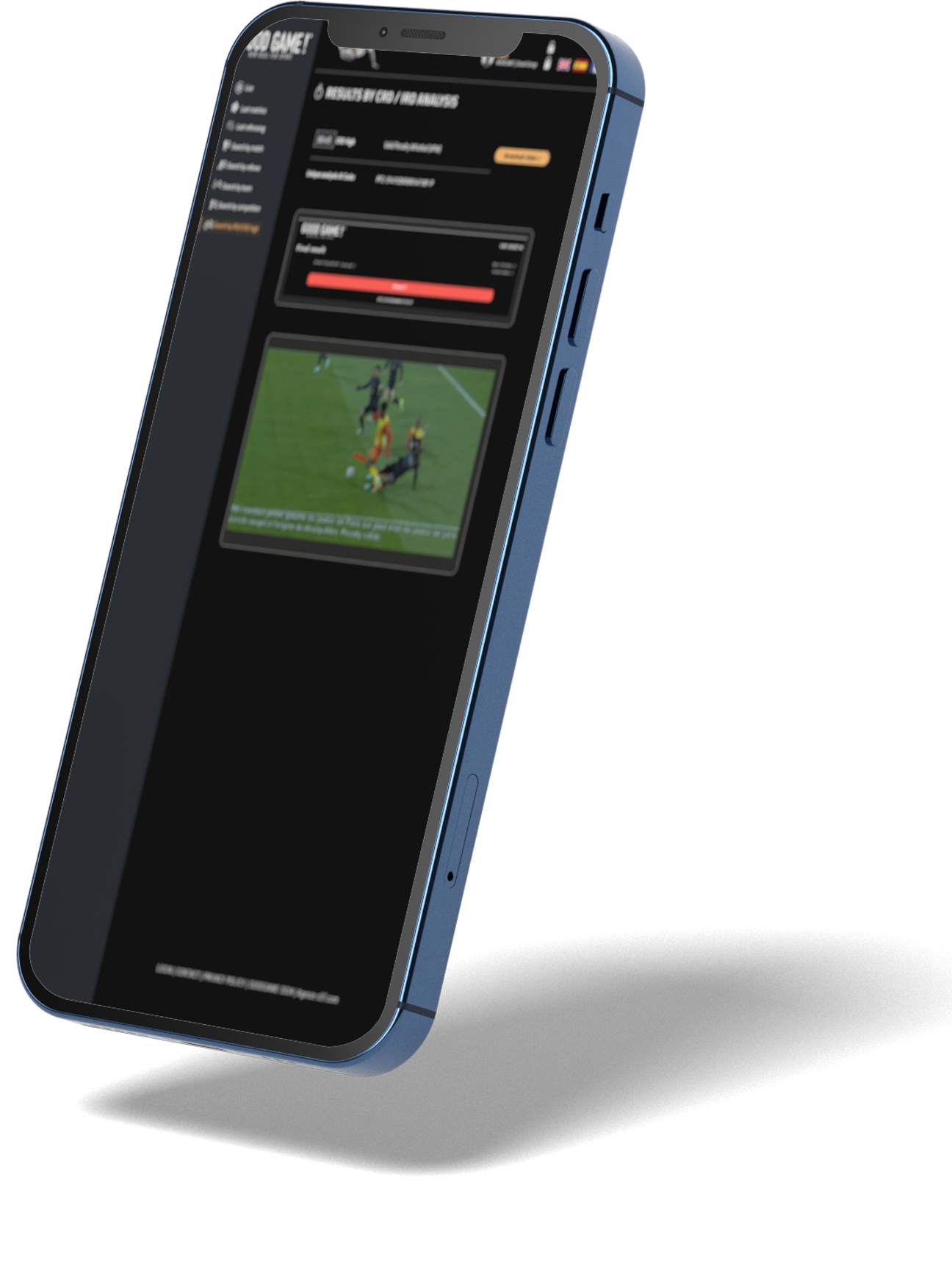
The REF-EVAL method allows for the evaluation of refereeing:
- It provides over 99% correct answers on complex refereeing situations compared to a maximum of 77% for VAR alone (Spitz et al. 2016).
- It helps federations improve refereeing in their championships.
- It enables clubs to better manage refereeing decisions live and also to objectively evaluate their impact over a season.
Its purpose
- Ensure transparency in refereeing for all stakeholders in sport: fans, federations, clubs, players, etc.
ref-eval
REF-EVAL Method Genesis
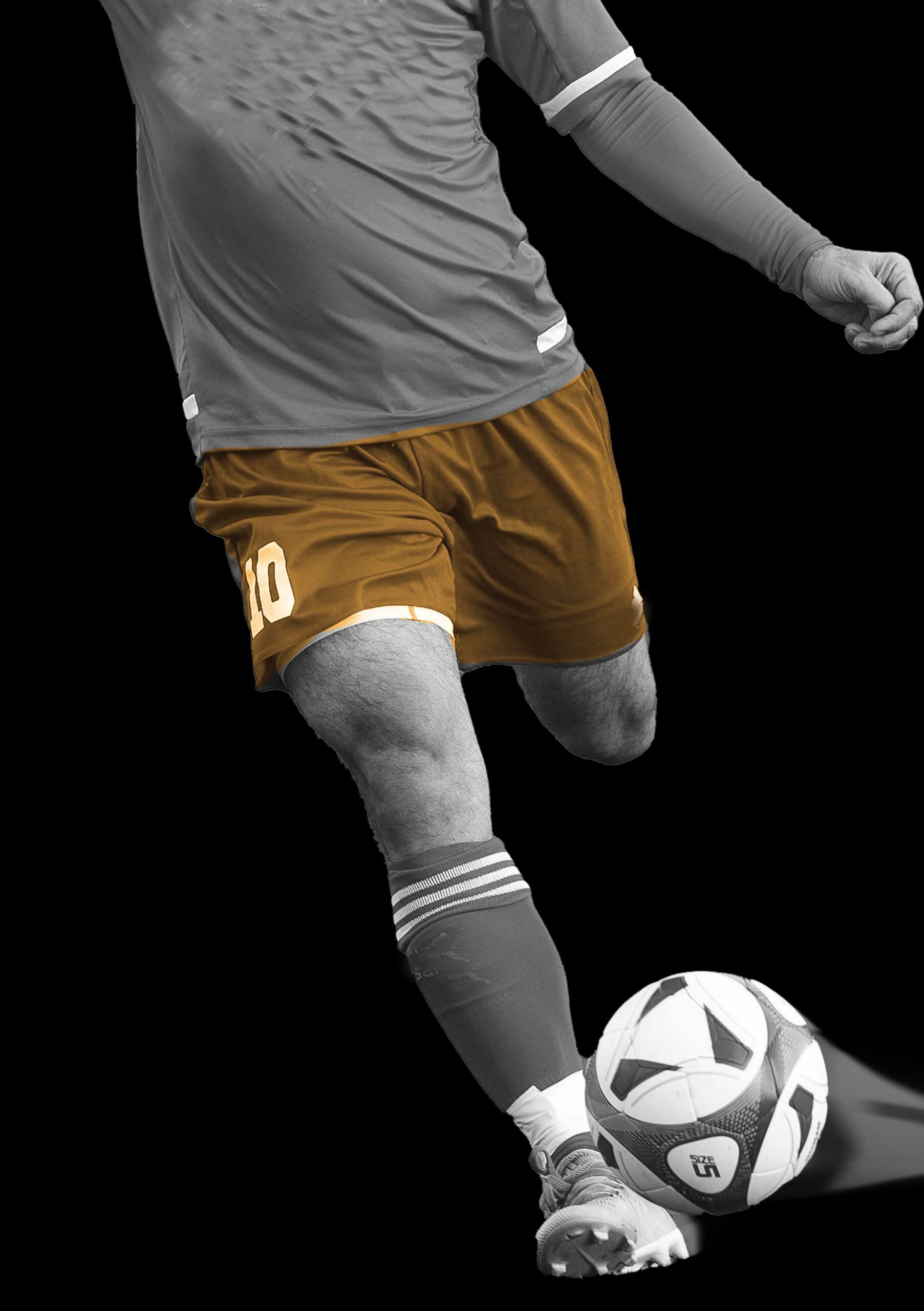
It was in their historical work on monitoring competitions (anti-match-fixing) that the GOOD GAME! teams noticed the opportunity for their method to also simply improve refereeing.
As in any human activity, refereeing errors are certainly part of the game, but on the other hand, their sporting and economic impact can have significant consequences for clubs.
For example, in the Premier League (England), each position in the standings is worth 2.5 million Euros. This illustrates the actual importance of every refereeing decision, especially in cases of direct impact on the score or indirectly with the number of players on the field.
https://www.givemesport.com/prize-money-premier-league-teams-earn-every-finishing-position/
https://www.planetfootball.com/quick-reads/premier-league-prize-money-club-by-club-breakdown-2022-23
By incorporating AI to analyze and rule on game actions, the GOOD GAME! teams found an objective solution to bypass human errors in refereeing, achieving a unique rate of correct responses of over 99%. It is also ensuring consistent decisions throughout an entire season, thereby promoting true fairness in outcomes and club revenues.
Why is our rate of correct responses in complex situations (>99%) much higher than that of the current VAR (64 to 77%)?
- The VAR, apart from offside, does not use any software, whereas we utilize several specific software programs in our analyses.
- VAR referees have no training in movement science, whereas all our analysts are trained in biomechanics.
- We are experts in video analysis for justice, whereas VAR does not incorporate certain key principles of image analysis.
- VAR referees visually analyze a video sequence without any support, whereas our supporting software raises a series of questions to our analysts until they can provide the exact answer.
ref-eval
The Innovation behind REF-EVAL
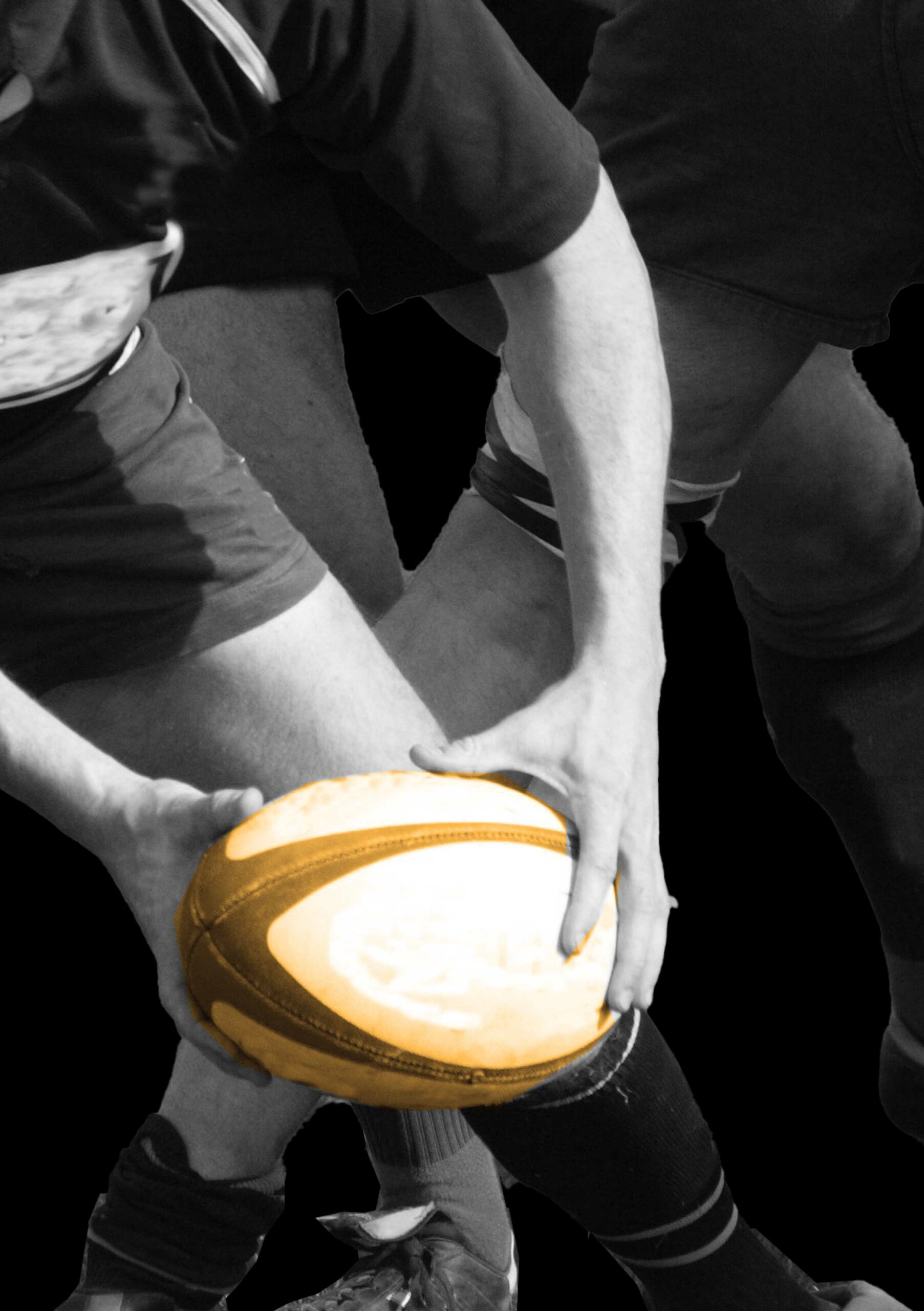
Our initial premise: human vision alone or AI alone cannot analyze a game without potential errors.
The GOOD GAME! method relies on the combination of both skills. It is based on a multifactorial analysis by various algorithms of players’ physiological, biomechanical, and tactical performances, which, when compared to refereeing decisions, allows us to determine if those decisions are correct.
Our various software programs allow us to break down movements and accurately record each action. In each situation, operators trained in biomechanics and video analysis, by answering a series of questions generated successively by the AI, are able to evaluate refereeing decisions. There is no room for interpretation: under equal circumstances, the AI always gives the same response.
It is the combination of human vision, image analysis by AI with a procedure of successive questioning that guarantees the reliability of the method. By viewing and analyzing the publicly broadcasted images in real-time by the media, and therefore without any specific installation in the stadium, we are able to provide a correct response 99% of the time in less than 60 seconds and provide all the explanatory elements of our demonstration.
Our software also provides a unique code that allows us to revisit specific elements of the demonstration at any time.
ref-eval
Benefits
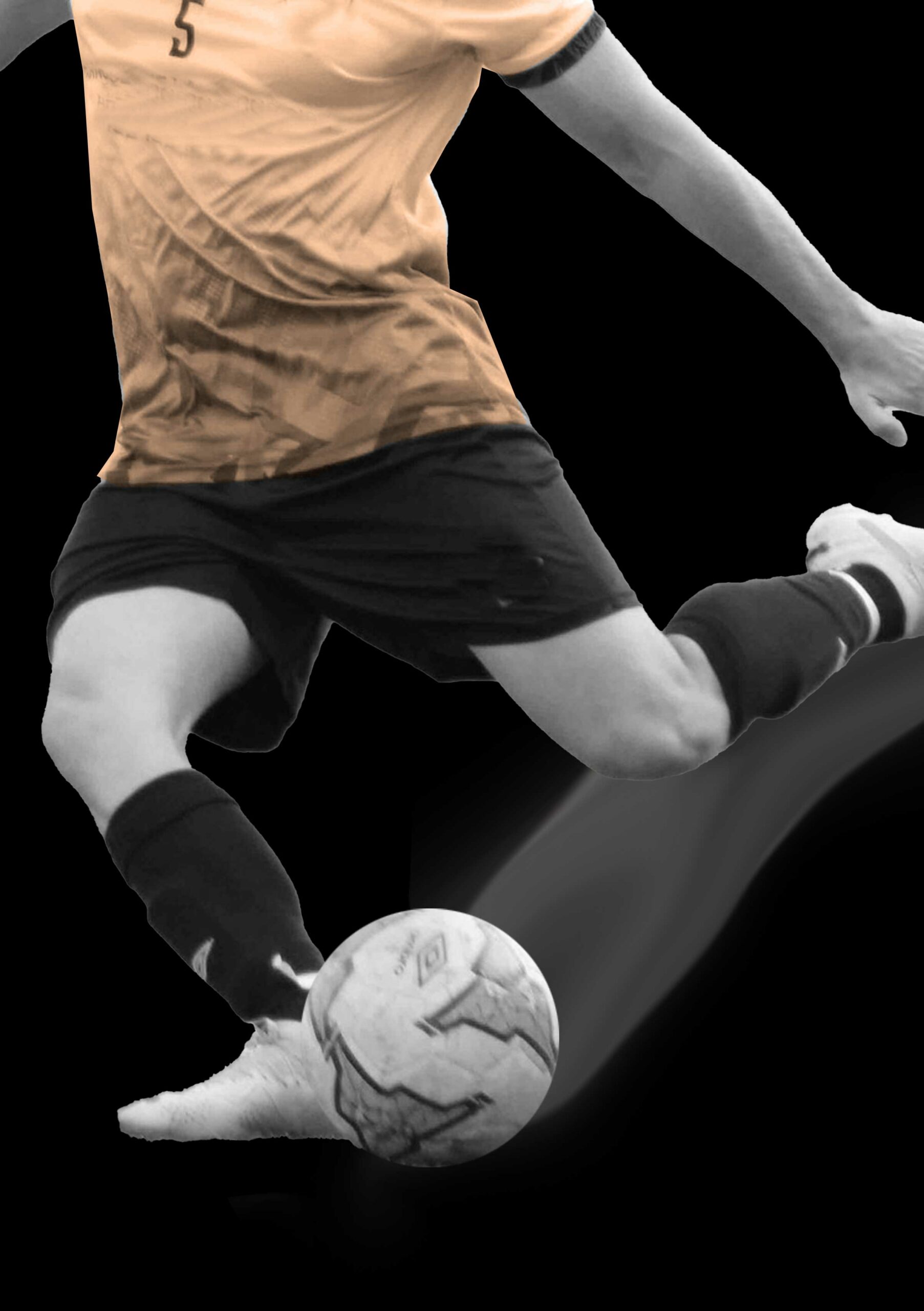
REF-EVAL, an analytical method of refereeing decisions, providing stakeholders in sports with all the irrefutable scientific elements to:
Have an objective view on refereeing during the match
- In the case of a correct yet unfavorable decision, remain focused and avoid risking warnings (yellow or red cards).
- In the event of an incorrect and unfavorable decision, be able to intervene calmly towards the fourth referee.
Protect oneself
- Possibly be able to submit a technical reserve.
- Defend a player in the event of disciplinary committee.
Arguing about sports results
- Facilitate the communication with the press.
- Facilitate the communication with fans.
- Facilitate teams’ relationship with referees on the field
- Adjust your ranking virtually with objective elements.
Improve the integrity of competitions.
ref-eval
The GOOD GAME! offer
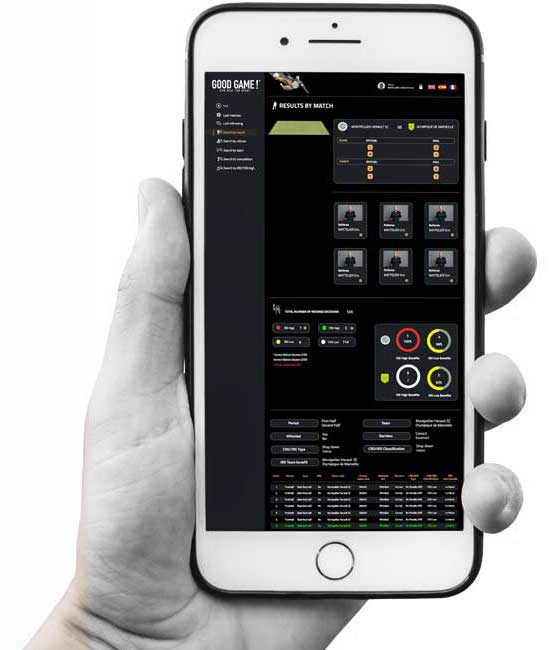
Live:
On the REF-EVAL platform, in case of incorrect decision by the referee directly influencing the score (unawarded penalty or incorrectly awarded penalty) or the number of players on the field (red cards), you will have access during the match to:
- The result along with supporting explanations sent in less than 60 seconds after the final arbitration decision
- Explanatory images of the decision sent in less than 180 seconds
Within 24 hours after the match:
- A comprehensive technical report with analysis of all refereeing decisions (from 80 to 140 per match on average)
- Access to an optional scientific analysis service in case of disciplinary committee review
Results are made available through our platform.
Interested in discovering more?
to schedule a demonstration and receive a quotation.
